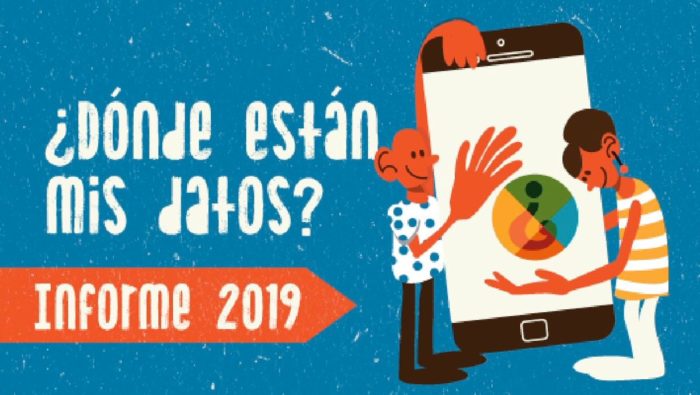In a follow-up to his article about social media and democracy, Robert Eveson reports on the work of Colombian NGO Fundación Karimsma to improve the internet safety of women and other minority groups.
A Machitroll is a species found online that is characterised by the ferocious desire to attack each time it encounters feminist content on the Internet. There are two types of Machitroll: the first is the ‘incurable,’ convinced of their natural condition of being right. The second is the ‘recoverable’ who believes that women can defend their rights, but without shouting about it and only under certain conditions.

‘Alerta Machitroll’ was set up by Fundación Karisma, a group established in Bogotá in 2003 with the goal of responding to the “opportunities and threats” that appear through the development of “technology for development.” The main aims of the Fundación are to promote freedom of expression and the right to privacy, improve access to information and improve social and gender inequality. It won the 2019 Index on Censorship Freedom of Expression Award.
First established in 2015, Alerta Machitroll is a means of raising awareness of online violence against vulnerable groups such as women and the LGBTQ+ community. In an interview with IFEX, Amalia Toledo, Project Coordinator at Fundación Karisma, said the idea is to “employ humour and tools that are simple to use in order to identify narratives and exchanges that attack the rights of women or non-binary individuals” and that the goal is to “create a simple and intuitive tool that can be used easily with any device.” For instance, a user will upload images of abuse and mark it with an “incurable”, “recoverable” or “alert” stamp and then caption it with a funny comment such as ‘just take an infusion of tea and you will get better.”
In addition, the Alerta Machitroll website gives Ten Commandments to possible Machitrolls, such as “stop searching for feminist content that you know will awaken the Machitroll within you”, “breathe deeply when you feel that the Machitroll within you wants to get out” and “search or create a local support group of ‘Machitrolls Anonymous’.”

Sadly, misogyny and violence against women remain significant issues online. Amalia Toledo suggests if women “are talking about issues that are pressing in the country…they will receive a lot of attacks, and there are more and more coordinated attacks from trolls.” A woman can receive attacks based on stereotypes, sexual threats, threats towards their family or abuse based on her appearance whilst communicating online. This in turn can cause many women to reduce online activities and avoid public discussion of her opinions.
One example is a tweet sent to Noelía Diaz, the Secretary General of the Paraguayan Journalists Union that “you need to be assassinated and I would be delighted to kill you…afterward I would go to jail happy. I’m going to go to jail happy. I’m going to do it. I will find you.” Another is below.

In 2017 an Amnesty International/IPSOS MORI poll found that almost 25% of women surveyed in 8 countries had experienced online abuse. Of these, 41% reported feeling physically threatened. Sir Tim Berners-Lee also raised the issue of online abuse of women in an open letter to mark the 31st anniversary of the Internet where he wrote that he was “seriously concerned that online harms facing women and girls – especially those of colour, from LGBTQ+ communities and other marginalised groups – threaten that progress.”
The Fundación works in several other ways. It works on technological innovation and security, aiming to safeguard the right to privacy and against state monitoring. This is achieved through educating policymakers, journalists and citizens about the issues. Privacy International suggests that we as citizens aren’t fully informed to the extent of the monitoring we face, nor do we currently have the capacity to question it – despite privacy being enshrined in the UN Declaration of Human Rights and the International Covenant on Civil and Political Rights.
Since 2015 Fundación Karisma has published an annual report entitled ‘Dónde están mis datos?’ (‘Where is my Data?’) It assesses the commitments that Internet Service Providers have made in Colombia and in several other Latin American countries such as Paraguay and Bolivia regarding transparency, freedom of expression, privacy and online security.

This year’s report, released on 13 March, argued that Internet Service Providers such as Teléfonica should explain clearly when they have a duty to remove content and the steps they take when removing harmful content. Despite these warnings, the report concluded the progress is being made in protecting user’s rights, transparency and those occasions where public authorities are given or collect data.

